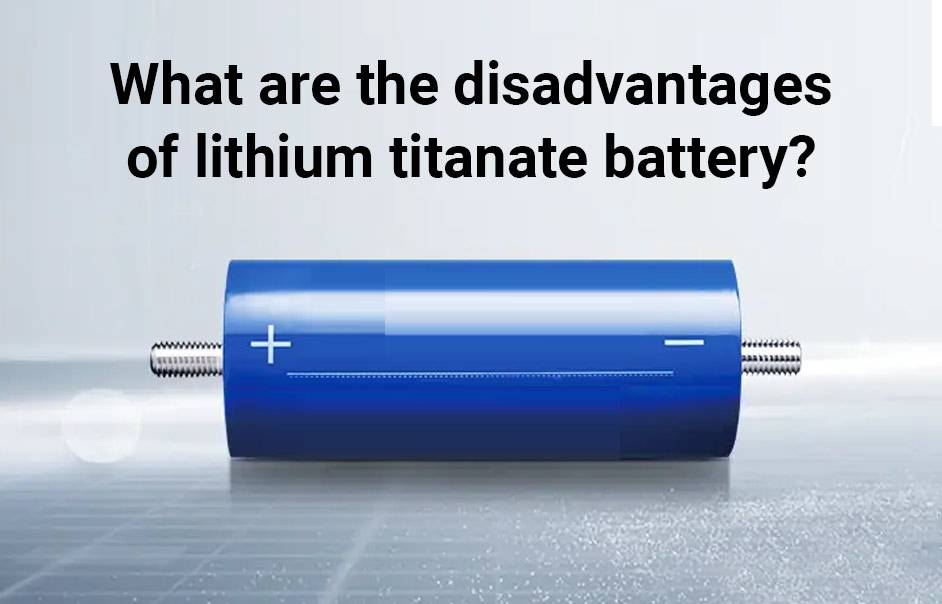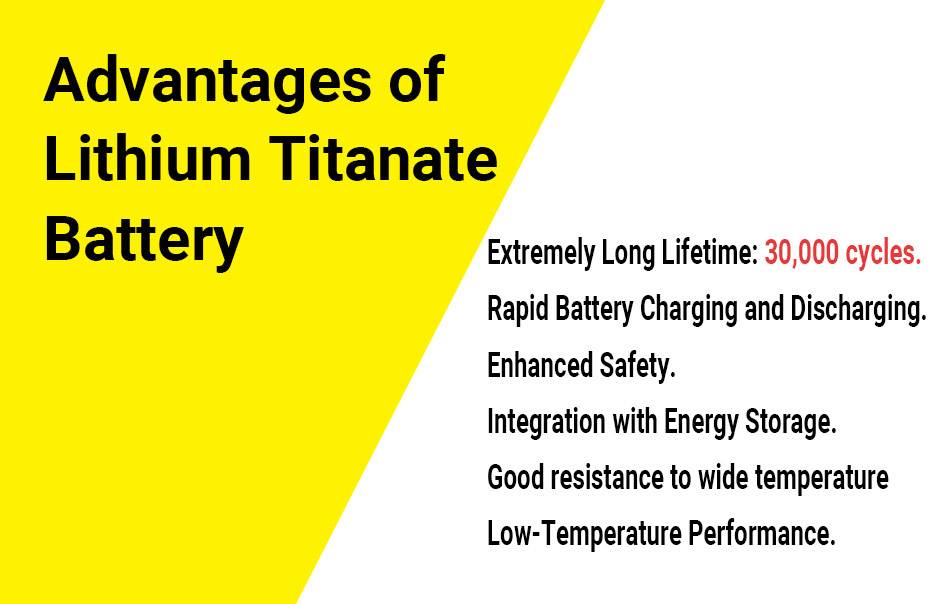- Lithium Golf Cart Battery
- Forklift Lithium Battery
-
48V
- 48V 210Ah
- 48V 300Ah
- 48V 420Ah (949 x 349 x 569 mm)
- 48V 420Ah (950 x 421 x 450 mm)
- 48V 456Ah
- 48V 460Ah (830 x 630 x 590 mm)
- 48V 460Ah (950 x 421 x 450 mm)
- 48V 460Ah (800 x 630 x 600 mm)
- 48V 460Ah (820 x 660 x 470 mm)
- 48V 500Ah
- 48V 560Ah (810 x 630 x 600 mm)
- 48V 560Ah (950 x 592 x 450 mm)
- 48V 600Ah
- 48V 630Ah
-
48V
- 12V Lithium Battery
12V 150Ah Lithium RV Battery
Bluetooth App | BCI Group 31
LiFePO4 Lithium
Discharge Temperature -20°C ~ 65°C
Fast Charger 14.6V 50A
Solar MPPT Charging - 24V Lithium Battery
- 36V Lithium Battery
- 48V Lithium Battery
-
48V LiFePO4 Battery
- 48V 50Ah
- 48V 50Ah (for Golf Carts)
- 48V 60Ah (8D)
- 48V 100Ah (8D)
- 48V 100Ah
- 48V 100Ah (Discharge 100A for Golf Carts)
- 48V 100Ah (Discharge 150A for Golf Carts)
- 48V 100Ah (Discharge 200A for Golf Carts)
- 48V 150Ah (for Golf Carts)
- 48V 160Ah (Discharge 100A for Golf Carts)
- 48V 160Ah (Discharge 160A for Golf Carts)
-
48V LiFePO4 Battery
- 60V Lithium Battery
-
60V LiFePO4 Battery
- 60V 20Ah
- 60V 30Ah
- 60V 50Ah
- 60V 50Ah (Small Size / Side Terminal)
- 60V 100Ah (for Electric Motocycle, Electric Scooter, LSV, AGV)
- 60V 100Ah (for Forklift, AGV, Electric Scooter, Sweeper)
- 60V 150Ah (E-Motocycle / E-Scooter / E-Tricycle / Tour LSV)
- 60V 200Ah (for Forklift, AGV, Electric Scooter, Sweeper)
-
60V LiFePO4 Battery
- 72V~96V Lithium Battery
- Rack-mounted Lithium Battery
- E-Bike Battery
- All-in-One Home-ESS
- Wall-mount Battery ESS
-
Home-ESS Lithium Battery PowerWall
- 24V 100Ah 2.4kWh PW24100-S PowerWall
- 48V 50Ah 2.4kWh PW4850-S PowerWall
- 48V 50Ah 2.56kWh PW5150-S PowerWall
- 48V 100Ah 5.12kWh PW51100-F PowerWall (IP65)
- 48V 100Ah 5.12kWh PW51100-S PowerWall
- 48V 100Ah 5.12kWh PW51100-H PowerWall
- 48V 200Ah 10kWh PW51200-H PowerWall
- 48V 300Ah 15kWh PW51300-H PowerWall
PowerWall 51.2V 100Ah LiFePO4 Lithium Battery
Highly popular in Asia and Eastern Europe.
CE Certification | Home-ESS -
Home-ESS Lithium Battery PowerWall
- Portable Power Stations
What Are the Disadvantages of Lithium Titanate Batteries?

Lithium titanate batteries (LTO) have unique properties that make them suitable for specific applications; however, they also come with significant disadvantages. These include high costs, lower energy density, slow charging speeds, and limited suitability for high-performance applications. Understanding these drawbacks is essential for evaluating their use in various settings.
What are the main drawbacks of lithium titanate batteries?
Lithium titanate batteries present several notable disadvantages that can impact their adoption and effectiveness in various applications. These include:
- High Cost and Limited Availability: The production of LTOs involves complex manufacturing processes and rare materials, resulting in higher prices compared to other battery types.
- Lower Energy Density: LTOs store less energy per unit weight or volume than traditional lithium-ion batteries, limiting their use in applications where space and weight are critical.
- Slow Charging Speeds: Due to their chemical composition, LTOs charge more slowly than many alternative battery technologies, which can be a significant drawback for time-sensitive applications.
- Limited Performance in High-Power Applications: Their lower discharge rates make them less suitable for high-performance tasks that require rapid energy delivery.
How does the cost of lithium titanate batteries compare to other types?
Lithium titanate batteries are generally more expensive than traditional lithium-ion or lead-acid batteries. The cost is primarily driven by their complex manufacturing process and the use of titanium oxide as a key material. For instance, while conventional lithium-ion batteries may cost around $0.4 per watt-hour, LTOs can reach approximately $1.6 per watt-hour.
| Battery Type | Approximate Cost per Watt-Hour |
|---|---|
| Lithium-Ion | $0.4 |
| Lithium Titanate | $1.6 |
| Lead-Acid | $0.2 |
Why is the energy density of lithium titanate batteries a concern?
The energy density of lithium titanate batteries is significantly lower than that of conventional lithium-ion batteries, typically ranging between 30 to 110 Wh/kg compared to 150 to 250 Wh/kg for standard lithium-ion cells. This reduced capacity means that LTOs require more frequent recharging and can lead to shorter operational times in devices where sustained power is essential.
How do slow charging speeds affect the usability of lithium titanate batteries?
Lithium titanate batteries have slower charging speeds due to their inherent chemical properties, which result in lower voltage ranges and higher internal resistance. This limitation makes them less ideal for applications requiring quick recharges, such as electric vehicles or portable electronics that need immediate power replenishment.
Are lithium titanate batteries suitable for high-performance applications?
While lithium titanate batteries excel in safety and cycle life, they struggle with high-performance tasks due to their lower energy density and slower charging capabilities. Applications like electric vehicles or power tools often demand rapid energy output, which LTOs cannot consistently provide.
Where can you find alternatives to lithium titanate batteries?
For those seeking alternatives to lithium titanate technology, options include traditional lithium-ion or newer chemistries like lithium iron phosphate (LiFePO4), which offer better energy density and cost-effectiveness while still providing good safety profiles.
What should battery wholesale buyers consider regarding lithium titanate batteries?
Tips for Battery Wholesale Buyers
When considering sourcing options for lithium titanate or alternative battery technologies, keep these points in mind:
- Cost vs. Performance: Evaluate whether the benefits justify the higher costs associated with LTOs.
- Availability: Research suppliers who can reliably provide these specialized batteries.
- Manufacturer Reputation: Choose well-established manufacturers like Redway Power, known for quality and reliability in battery production.
To place OEM orders with a reliable manufacturer like Redway Power, follow these steps:
- Research potential suppliers based on reviews and product offerings.
- Contact them directly for quotes and availability.
- Discuss customization options if needed, ensuring they cater to specific requirements.
Redway Power Expert Views
“Understanding the limitations of different battery technologies is crucial for making informed decisions in energy storage solutions. At Redway Power, we advocate for thorough research into your specific needs before selecting a battery type.”
FAQ Section
- What are the main disadvantages of using lithium titanate batteries?
The primary disadvantages include high costs, lower energy density, slow charging speeds, and limited suitability for high-performance applications. - How do I choose between different battery types?
Consider factors such as cost, energy density, application requirements, and supplier reliability when selecting a battery type. - Are there safety concerns with lithium titanate batteries?
While generally safe due to thermal stability, users should still handle them properly to avoid risks associated with overcharging or physical damage.













